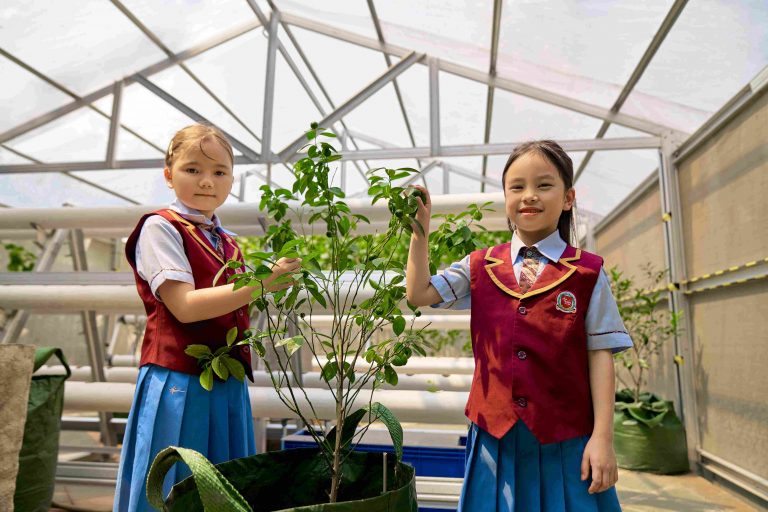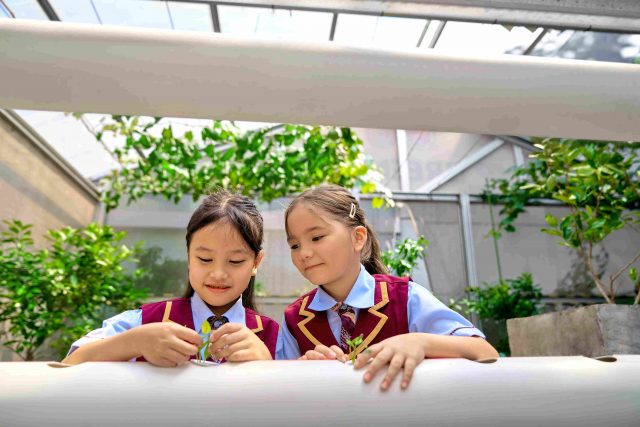Navigating the IB MYP Science Curriculum: A Comprehensive Guide

Understanding the IB MYP Science Curriculum is essential not only for teachers but also for students and parents, as it lays the foundation for scientific thinking and lifelong learning. As a part of the International Baccalaureate (IB) programme, it teaches how to ask questions, explore ideas, and solve problems using science.
It equips learners with the scientific mindset needed to navigate an increasingly complex and technologically driven world, preparing them for academic and professional success across a range of fields. Also, it provides a holistic approach to science education, empowering students to explore, question, and discover the world around them while developing essential skills.
Understanding the Framework
The framework of the IB Middle Years Programme (MYP) Science Curriculum is designed to inspire curiosity and foster a deep understanding of scientific principles among students aged 11 to 16.
At its core, the IB MYP Science Curriculum aims to develop critical thinking and problem-solving skills. It emphasises inquiry-based learning, encouraging students to explore real-world issues through research, observation, and experimentation.
Students will engage in investigations that not only deepen their understanding of scientific concepts but also highlight the connections between science and various aspects of human life, such as morality, ethics, culture, economics, politics, and the environment.
Inquiry-Based Learning
In the IB MYP, inquiry-based learning empowers students to ask questions, investigate phenomena, and construct meaning through hands-on exploration and inquiry. Essentially, it encourages students to become active participants in their own learning journey.
Instead of passively receiving information, students engage in authentic scientific inquiry, posing questions, designing experiments, and analysing data to uncover patterns and relationships.
This process not only enhances their understanding of scientific principles but also cultivates vital skills such as analytical thinking, teamwork, and effective communication.
Both teachers and students can use these questions to identify factual, conceptual, and debatable topics. These questions guide teaching and organising learning experiences effectively.
Here are examples of possible inquiry questions for the IB MYP Science Curriculum:
-
Factual Questions
- What do cells appear like?
- How do scientists gauge chemical molecules and compounds?
- What technologies exist for generating electrical energy on an industrial scale?
-
Conceptual Questions
- How is the structure of the universe arranged?
- How do models change and develop?
- What connection exists between microbiology and natural selection?
-
Debatable Questions
- Who is responsible for controlling genetic material?
- What social and economic effects does nuclear energy bring?
- What boundaries exist to our scientific comprehension?
Interdisciplinary Connections
One of the hallmarks of the IB MYP Science Curriculum is its emphasis on interdisciplinary connections.
In the realm of science, this means exploring how scientific principles intersect with other areas of knowledge, including mathematics, language and literature, individuals and societies, arts, and physical education.
By integrating diverse perspectives and disciplines, students will gain a holistic understanding of scientific concepts and their broader implications. This interdisciplinary approach mirrors the real-world application of science, where challenges often require knowledge drawn from multiple subject areas to develop innovative and ethical solutions.
Skills Development
Within the framework of the IB MYP, students are provided with many opportunities to cultivate and refine their Approaches to Learning (ATL) skills.
These skills are categorised into five distinct areas. They serve as pillars of support for students as they strive to achieve the objectives of the science subject group. In IB MYP Science Curriculum, here are some essential skills and indicators:
-
Thinking Skills
Students are encouraged to interpret and analyse data obtained from scientific investigations. This fosters critical thinking and allows students to draw meaningful conclusions from empirical evidence.
-
Social Skills
Collaboration and cooperation are integral to the scientific process. Students practise giving and receiving feedback on experimental design, fostering a culture of constructive dialogue and peer learning.
-
Communication Skills
Effective communication lies at the heart of scientific inquiry. Students learn to adapt their language and presentation style depending on the context—whether communicating findings to peers, teachers, or wider audiences. Students learn to convey complex ideas and findings using appropriate visual representations tailored to their intended audience.
-
Self-Management Skills
In the laboratory setting, students must navigate the complexities of data collection and analysis. Structuring information appropriately in laboratory reports fosters organisation and clarity in scientific communication.
-
Research Skills
Making connections between scientific research and broader contexts is essential for holistic understanding. Here, students learn to contextualise scientific findings within moral, ethical, social, economic, political, cultural, and environmental frameworks.
Assessment and Real-world Applications
In IB MYP Science Curriculum, the assessment criteria are divided into four equally weighted categories, which serve as guidelines for evaluating students’ progress and achievements, including:
-
Criterion A – Knowing and Understanding
Students learn about science, like facts, ideas, and how things work. They use this knowledge to solve problems and explain things scientifically.
-
Criterion B – Inquiring and Designing
Students learn how to ask good questions and design experiments. They practise thinking and doing experiments.
-
Criterion C – Processing and Evaluating
Students gather information, like numbers or descriptions, and understand what it means. They explain their findings clearly.
-
Criterion D – reflecting on the Impacts of Science
Students think about how science affects the world. They use different scientific words to show they understand. They also learn to write down where they got their information from.
These criteria guide students in understanding the broader implications of science on morality, ethics, culture, economics, politics, and the environment in real-world examples.
So, students can explore connections between different subject areas and engage with more complex global issues. To help your children excel in the IB MYP Science Curriculum, let’s join us at BINUS SCHOOL Simprug, the leading IB school in Indonesia. Contact our Admissions Team today to learn more about the MYP Science Programme or to schedule a campus visit. Give your child the opportunity to thrive in a learning environment that champions inquiry, innovation, and international-mindedness.
Also Read: International Baccalaureate Programme with Its Unquestionable Qualities
References:
https://www.ibo.org/programmes/middle-years-programme/curriculum/science/
https://www.ibo.org/globalassets/new-structure/brochures-and-infographics/pdfs/myp-brief-sciences-en.pdf
https://www.wcpss.net/Page/20040
https://www.nesinternational.org/school_policies/sciences_guide.pdf


